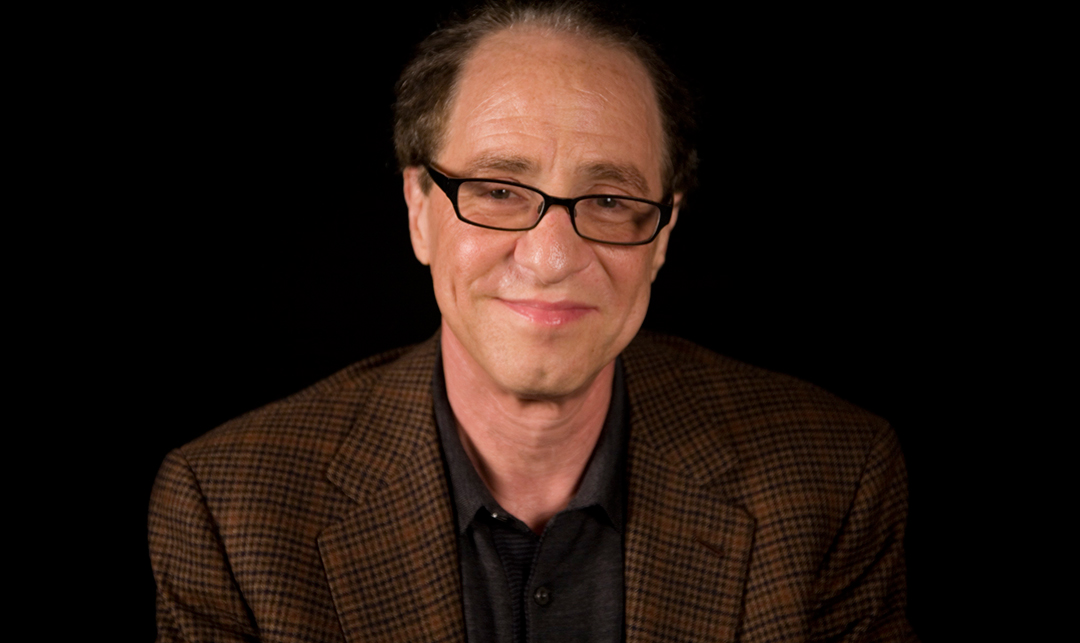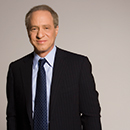Ray Kurzweil has been described as “the restless genius” by The Wall Street Journal, and “the ultimate thinking machine” by Forbes. Inc. magazine ranked him No. 8 among entrepreneurs in the United States, calling him the “rightful heir to Thomas Edison,” and PBS selected Kurzweil as 1 of 16 “revolutionaries who made America,” along with other inventors of the past two centuries. He is considered one of the world’s leading inventors, thinkers, and futurists, with a 30-year track record of accurate predictions.
His innovations, inventions, thinking, writing, and predictions cover the gamut of scientific curiosities and breakthroughs. A sampling: the first CCD flat-bed scanner, the first omni-font optical character recognition, the first print-to-speech reading machine for the blind, the first text-to-speech synthesizer, the first music synthesizer capable of recreating the grand piano and other orchestral instruments, and the first commercially marketed large-vocabulary speech recognition.
He appears to have expanded his purview from innovator into deep thinker and futurist with a deep understanding of technology. He has spoken frequently on how technology is accelerating exponentially – whereas humans think linearly – and by the year 2029 predicts that artificial intelligence will reach and surpass human intelligence.
The 66-year-old futurist has been the central figure in popularizing the concept of the Singularity, which is the notion that humans and artificial intelligence will one day merge. Together with Peter Diamandis, creator of the XPRIZE Foundation, he co-founded Singularity University, whose mission is to educate, inspire, and empower leaders to apply exponential technologies to address humanity’s grand challenges.
He joined Google in January 2013 as a director of engineering with his job description being to “bring natural language understanding to Google.” This occurred after Google CEO Larry Page, had read a pre-publication copy of Kurzweil’s 2012 book, How to Create a Mind: The Secret of Human Thought Revealed. And when Kurzweil asked Page to invest in developing these ideas further, Page said, “Why don’t you do it here at Google?”
The nuance of Internet search has moved beyond keywords, explains Kurzweil. “Language,” he says, “is more than a sequence of words. I envision, and so does Larry Page, a future version of Google that really understands the meaning of all the billions of documents out there.”
Kurzweil’s forward-thinking theories are not without their critics, who worry about the dangers of a world possibly dominated by machines. He is not unaware of these dangers but believes that we have been helped more by technology than hurt by it. He quotes Thomas Hobbes and Charles Dickens about how harsh and brutish life was in their times and goes on to say that we are in the most peaceful of times ever, but that often the media tends to focus on the negative.
Of his many accomplishments, what gives Kurzweil the largest measure of satisfaction is that his ideas and formulas are converted into actual products that greatly enhance people’s lives. He continues to tweak and improve his reading machines for the blind, which he invented in 1976. The product will soon be available on mobile devices (kurzweiledu.com).
The power of prediction has apparently rubbed off on Kurzweil’s son Ethan, at least in one particular case. A partner at Bessemer Venture Partners, Ethan was an early investor in Twitch and was a contributing force in Amazon’s recent acquisition of the wildly popular social video streaming service. The elder Kurzweil enjoys the fact that father and son are each in a position to disseminate advice to the other.
One of Kurzweil’s beliefs is that, “It is inherently human to transcend limitations.” It’s clear that he is one of the best practitioners of and evangelists of this.














































